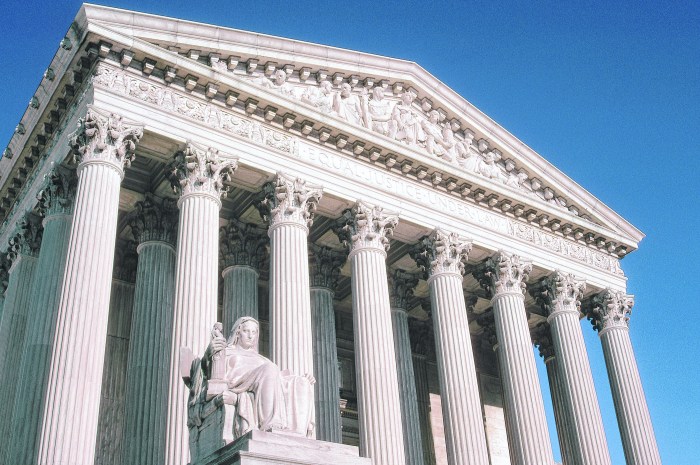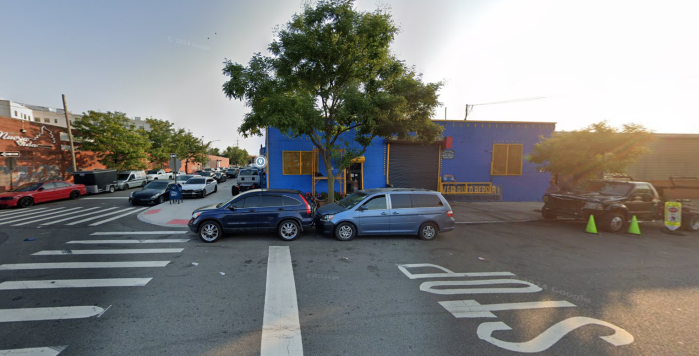The Trump administration’s Feb. 20 decision removing protections for Haitian immigrants could could upend the lives of thousands of Long Islanders.
The Department of Homeland Security terminated Temporary Protected Status for Haitian immigrants, characterizing the move as “part of President Trump’s promise to rescind policies that were magnets for illegal immigration and inconsistent with the law.”
State Assembly Member Michaelle Solages (D-District 22) criticized the decision, calling it both cruel to the Haitian community and detrimental to Long Island and the state.
“In New York, Haitian TPS holders are integral to our social and economic fabric, serving as healthcare workers, educators, and entrepreneurs,” Solages said. “Stripping them of legal protections and work authorization not only jeopardizes their livelihoods but also undermines the stability and prosperity of our state.”
Solages is the first person of Haitian descent to be elected to the state Assembly.
DHS’s announcement estimated that over 500,000 Haitians in the United States are currently eligible for TPS. TPS is a non-permanent immigration status created in 1990, which allows people from countries experiencing extreme violence, environmental disasters, or other humanitarian issues to live and work in the United States.
The United States has continued to provide Haitians with TPS since 2010, following a major earthquake in the Caribbean nation. The Trump administration’s recent action would end TPS for Haitians Aug. 3.
According to the Migration Policy Institute, there are approximately 16,5000 residents who identify as Haitian living in Nassau County and roughly 9,000 in Suffolk. Newsday reported that according to the American Immigration Council, there are 21,000 Haitian TPS holders in New York State.
Solages emphasized that many Haitian TPS holders have been living in the country for over a decade and now have American children, which means the decision threatens to destabilize families and endangers American citizens.
“People are going to have to make the tough decision of whether to leave their kids here in the United States or take them back to unsafe conditions in Haiti,” she said.
U.S. Rep. Laura Gillen (D-District 4) agreed with Solages, calling the action dangerous and cruel to Haitians escaping violence who have lawfully come to the United States after going through thorough vetting and background checks.
“This decision will have a devastating impact for the large Haitian American community on Long Island, tearing hardworking, law-abiding Haitian families apart and sentencing some of our neighbors who contribute to our economy to what may be tantamount to a death sentence due to the ongoing gang violence and political turmoil in Haiti,” Gillen said in a statement.
She urged Congress to persuade the administration to reconsider this judgment.
Solages said her office is working to organize attorneys to present legal action against the Trump administration and assist Haitian residents with legal guidance, ensure the Haitian community can access reliable information regarding the decision, and make information available so they know their rights when interacting with immigration officials.
“This administration doesn’t understand the history of immigration in this nation,” Solages said. “By basically taking thousands of Haitian nationals and sending them back to Haiti, you’re destabilizing not only our local community but also Haiti as a country.”






























